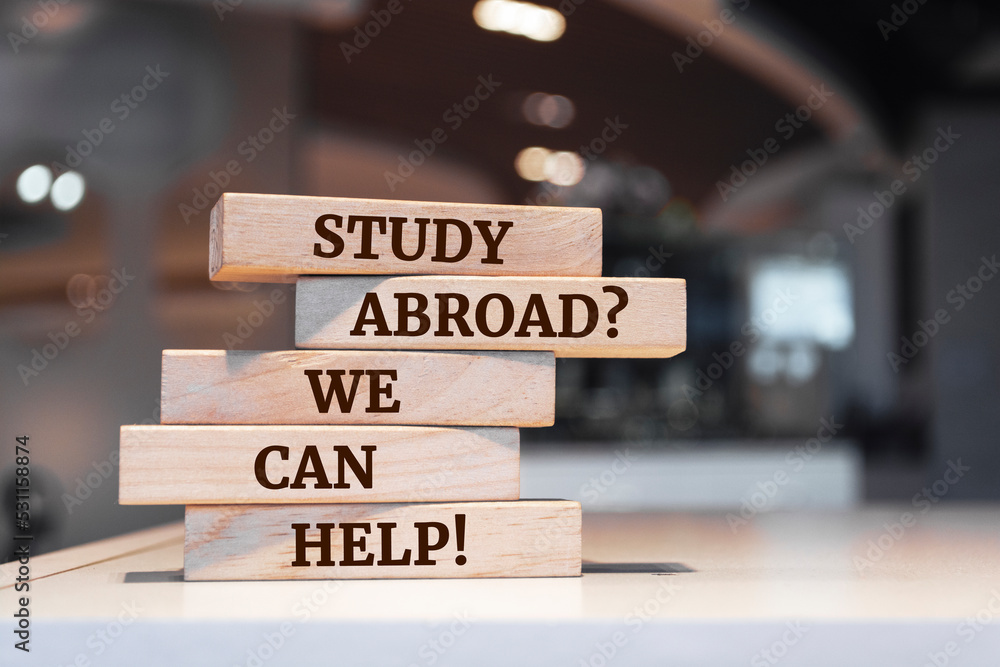In the pursuit of higher education abroad, students often find themselves at a crossroads—should they seek the assistance of study abroad consultants or handle the application process on their own? Each approach has its advantages and challenges, and the decision ultimately depends on various factors, including time, resources, and expertise. This article will explore the differences between hiring study abroad consultants and taking the DIY (Do-It-Yourself) approach, helping students make an informed choice.
Understanding Study Abroad Consultants
Study abroad consultants are professionals who specialize in guiding students through the complexities of applying to foreign universities. They offer expert advice on university selection, application preparation, scholarship opportunities, visa procedures, and pre-departure arrangements. Their services aim to simplify the application process and enhance a student’s chances of acceptance into their desired institution.
Advantages of Hiring Study Abroad Consultants
- Expert Guidance – Study abroad consultants have extensive knowledge about international universities, admission requirements, and scholarship options. They provide tailored advice based on a student’s academic background and career aspirations.
- Time Efficiency – The application process involves multiple steps, including document preparation, standardized test registrations, and essay writing. Consultants streamline these tasks, saving students time and effort.
- Personalized University Selection – Consultants assess students’ profiles and recommend universities that align with their academic achievements, career goals, and financial constraints.
- Strong Application Support – A well-prepared application increases the chances of acceptance. Consultants help students craft compelling Statements of Purpose (SOPs), resumes, and letters of recommendation.
- Scholarship and Financial Aid Assistance – Many students rely on scholarships to fund their education. Consultants provide access to exclusive scholarship databases and assist in preparing strong applications.
- Visa and Interview Preparation – Obtaining a student visa can be complicated, with varying requirements across different countries. Consultants offer step-by-step guidance on visa applications and conduct mock interviews to help students prepare.
- Pre-Departure Support – Moving to a new country involves cultural and logistical adjustments. Consultants help with accommodation arrangements, travel bookings, and orientation programs.
Challenges of Hiring Study Abroad Consultants
- Cost Factor – Consulting services come at a price, which may not be affordable for all students. Some firms charge high fees for premium packages.
- Quality Variations – Not all consultants provide the same level of expertise. Some may have outdated information or lack transparency in their services.
- Dependency on Consultants – Over-reliance on consultants may limit students’ ability to develop independent decision-making skills.
Understanding DIY Applications
The DIY approach means handling the entire study abroad application process independently. This method requires students to research universities, prepare their applications, and complete all necessary formalities on their own.
Advantages of DIY Applications
- Cost Savings – The most significant advantage of DIY applications is that students avoid consultant fees, making the process more budget-friendly.
- Personalized Research – Students who conduct their research gain deeper insights into university requirements, application deadlines,and financial aid opportunities.
- Independence and Skill Development – Managing applications independently enhances research skills, time management, and self-confidence.
- Direct Communication with Universities – Students who apply on their own communicate directly with university representatives, eliminating the need for intermediaries.
Challenges of DIY Applications
- Time-Consuming Process – Researching universities, scholarships, and visa requirements can be overwhelming and time-consuming.
- Lack of Expert Guidance – Without professional advice, students may make errors in their applications that could lower their chances of acceptance.
- Limited Knowledge of Scholarships – Many students miss out on scholarship opportunities due to a lack of awareness.
- Complexity of Visa Procedures – Understanding visa policies and preparing for interviews without professional assistance can be challenging.
Which Path Is Right for You?
Choosing between study abroad consultants and the DIY approach depends on several factors:
- Budget Considerations – If finances are a constraint, a DIY approach may be more suitable.
- Time Availability – If you have a tight schedule, hiring consultants can save time and effort.
- Level of Confidence – If you are confident in your research and organizational skills, you may succeed with the DIY method.
- Need for Expert Advice – If you require professional guidance on university selection, scholarships, and visa procedures, consultants can be valuable.
Conclusion
Both study abroad consultants and DIY applications offer unique benefits and challenges. While consultants provide expert guidance, streamline the application process, and enhance admission chances, the DIY approach fosters independence and cost savings. Ultimately, students should evaluate their personal circumstances, resources, and comfort levels before making a decision. Whether seeking professional assistance or taking the self-directed route, careful planning and thorough research are key to successfully securing admission to an international university.
